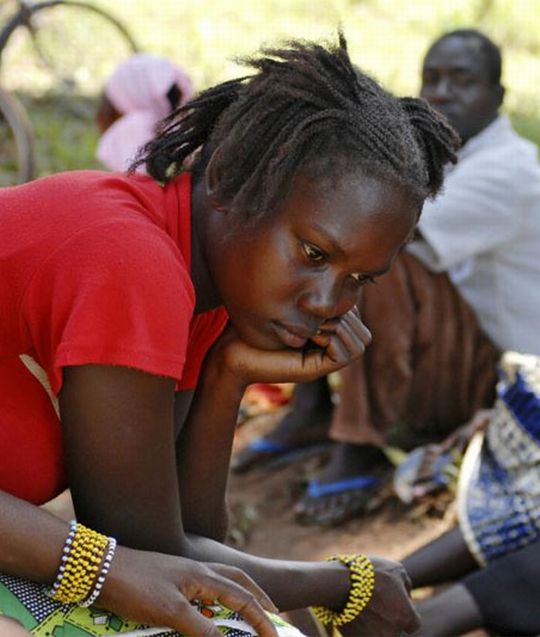UN’s regional African offices meet to discuss common security issues
UN’s regional African offices meet to discuss common security issues

The United Nations political offices in West Africa and Central Africa have held a joint meeting on common cross-border threats, such as piracy in the Gulf of Guinea, the aftermath of the Libyan crisis on security across the Sahel and the activities of the notorious rebel Lord’s Resistance Army (LRA).
Said Djinnit, the Secretary-General’s Special Representative for West Africa, and Abou Moussa, the Secretary-General’s Special Representative for Central Africa met in Dakar, Senegal, in the first of a series of planned exchanges, according to a joint press release issued today.
The meeting between Mr. Djinnit, who is also head of the UN Office for West Africa (UNOWA), and Mr. Moussa, who spearheads the UN Office for Central Africa (UNOCA), was aimed at creating a regional approach to conflict prevention and peacebuilding, the offices said.
Mr. Moussa briefed on ongoing efforts to control the LRA, which have wrought havoc in several countries, while Mr. Djinnit also discussed the work of the Cameroon Nigeria Mixed Commission, the UN-backed mechanism for peacefully resolving the long-standing border dispute between the two countries.
Recently, Secretary-General Ban Ki-moon addressed increased insecurity in a message to a meeting of the UN Standing Advisory Committee on Security Questions in Central Africa, emphasizing the need to reduce the flow of arms in the region. Mr. Ban has also deployed a team to assess the scope of the piracy threat in the Gulf of Guinea.
###
> United Nations (UN).
 The United Nations was established on 24 October 1945 by 51 countries committed to preserving peace through international cooperation and collective security. Today, nearly every nation in the world belongs to the UN: membership totals 192 countries.
The United Nations was established on 24 October 1945 by 51 countries committed to preserving peace through international cooperation and collective security. Today, nearly every nation in the world belongs to the UN: membership totals 192 countries.
When States become Members of the United Nations, they agree to accept the obligations of the UN Charter, an international treaty that sets out basic principles of international relations. According to the Charter, the UN has four purposes:
- to maintain international peace and security;
- to develop friendly relations among nations;
- to cooperate in solving international problems and in promoting respect for human rights;
- and to be a centre for harmonizing the actions of nations.
###
* The above story is adapted from materials provided by United Nations (UN)
** More information at United Nations (UN)



















